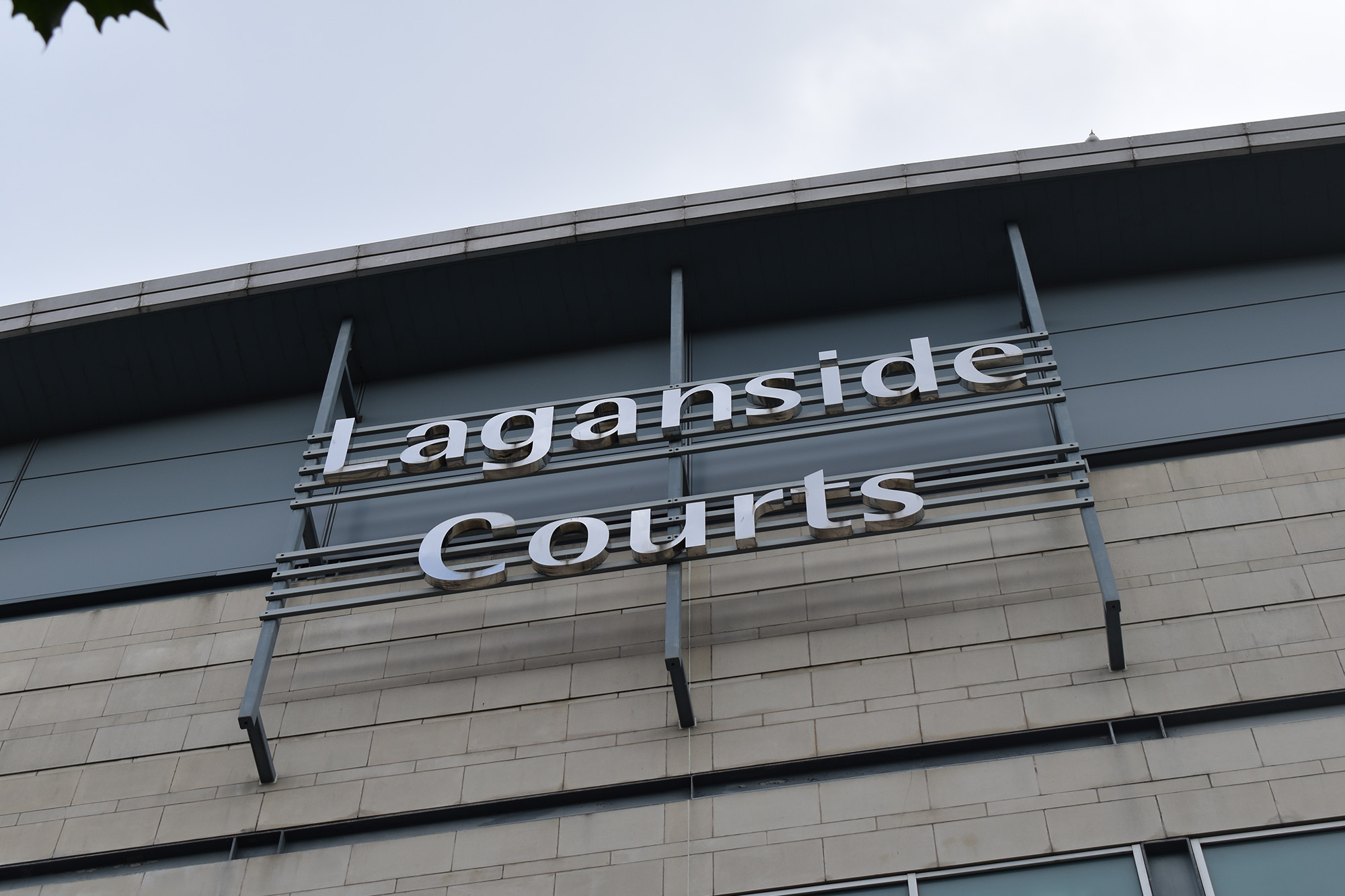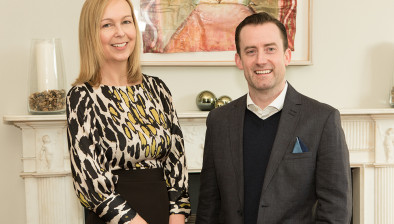More support urged for Northern Ireland’s litigants in person

Providing more support for litigants in person would help to ease pressure on Northern Ireland’s family courts, according to new research from Ulster University.
Two reports produced by Ulster University School of Law with funding from the Nuffield Foundation set out recommendations which researchers say could significantly ease pressures on the court system while protecting the right to a fair trial.
The researchers examined the use of human-centred design (HCD) to develop empathy and practical support for litigants in person (LIPs) and concluded they should have system-wide consideration to ensure their differences to legally-represented litigants are acknowledged and acted upon.
This includes developing litigation information support, more navigation tools, promoting these to LIPs in standard correspondence, awareness building, training and supportive resources for both LIPs and the judiciary and a co-produced Charter of Rights and Responsibilities which all court actors and litigants are bound by, they said.
As part of their work, the researchers created a public information website and an online navigation tool for the family courts.
The research was presented today at a high-profile event attended by the Lady Chief Justice Dame Siobhan Keegan, Sean Holland from the Department of Justice and Karen Ward from the NI Courts and Tribunals Service, as well as litigants, lawyers, advisers and officials from the Ministry of Justice in Britain and the Courts Service of Ireland.
Professor Gráinne McKeever, the lead researcher, said: “The importance of this research and its potential impact is underscored by the interest it is already attracting from across the legal sector. The research team is gratified by the reception the research has received and hope it is an indicator of action on the recommendations.
“Working closely with stakeholders, we have developed a process and website to tackle the barriers LIPs often face. Support and funding from the Department of Justice in Northern Ireland will ensure the continuation of the online resources developed through this project for three years and will work to ensure that beyond 2025 it will be included within official government channels.”
Responding to the research, Ash Patel, programme head for justice at the Nuffield Foundation, said: “Litigants in person are often among the most socially and economically disadvantaged people in society and their lack of representation in court can mean that this disadvantage translates into an inadequate ability to participate in hearings.
“We are grateful to Professor McKeever and her colleagues for their impressive work highlighting the barriers to getting a fair hearing in court often experienced by unrepresented litigants. The use of innovative, evidence based approaches to design resources and tools demonstrates how, with collective input and consideration, participation may be improved.”











